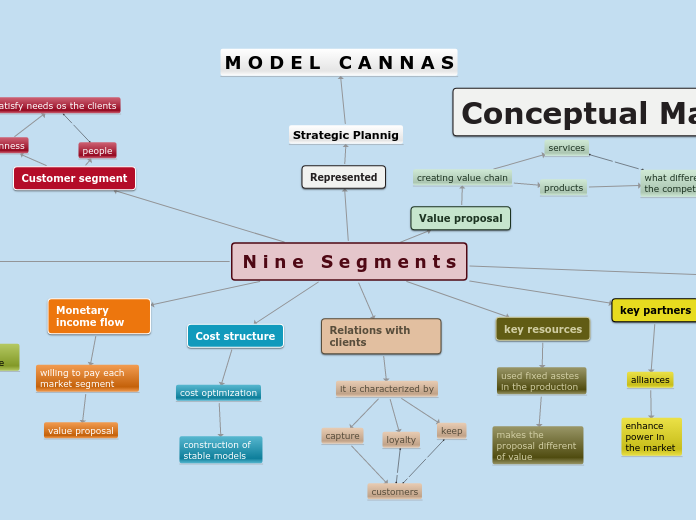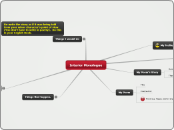da Perla Rivera Ramirez mancano 9 anni
350
Close Reading
Close reading techniques are pivotal for English Language Learners (ELLs) as they facilitate better access to content, allowing students to overcome reading difficulties and engage more effectively.









